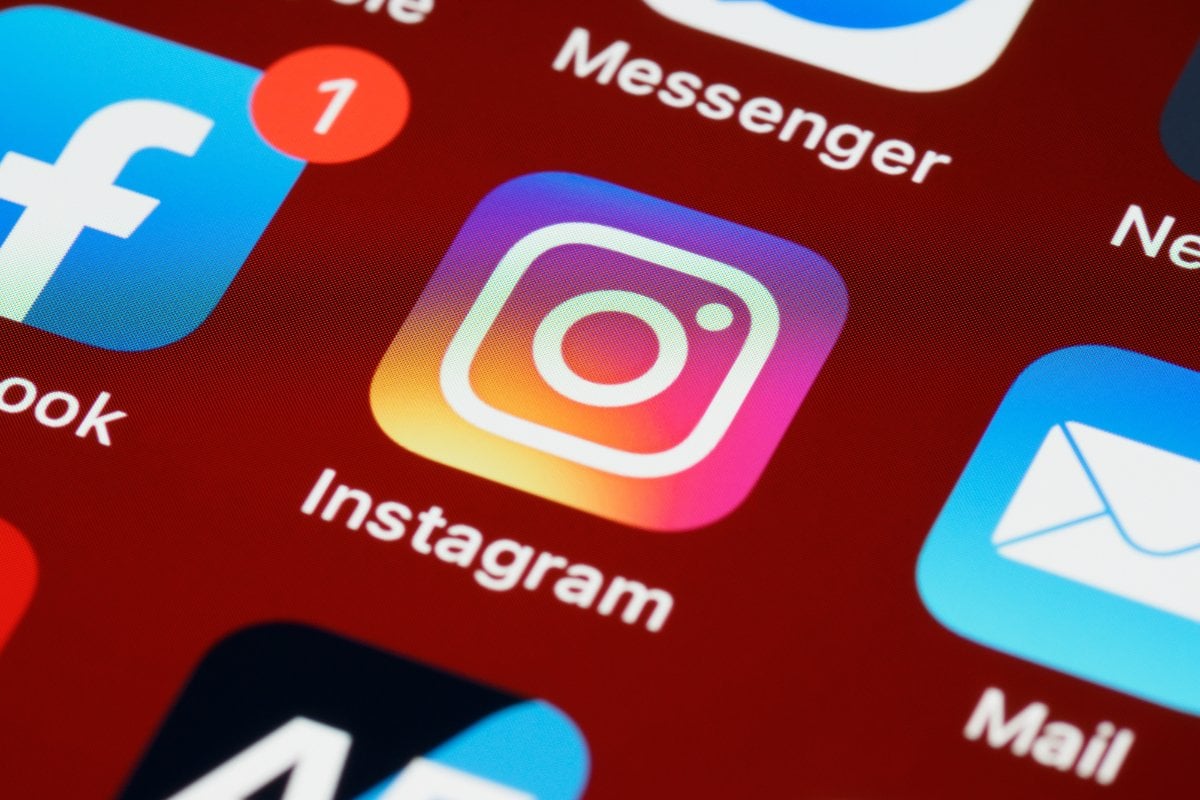
I am attached to my phone to a truly embarrassing extent.
Every second my brain has free, I'll find myself subconsciously reaching for that little box of nightmares.
If I'm not listening to a podcast, I am either loading emails or just scrolling – endlessly. Threads, The Artist Formerly Known As Twitter, LinkedIn, Reddit, watching people decorating novelty cakes on Instagram. The works.
If I think about the years that I have lost to my phone and the many, many other ways that I could have spent that time productively (completing a PhD, reading books, having sex) I am invariably filled with a deep well of shame.
But besides the shocking waves of guilt about wasted time, I have recently started to consider that maybe being on my phone all day just... isn't very good for my brain.
The thought was spurred on by a conversation that Clare Stephens led recently on Mamamia Out Loud, where she shared that she had gone on holiday to a place in Western Australia untouched by phone reception and as a result, had a series of small epiphanies about all the ways being disconnected could be really, really good for you.
Specifically, Clare spoke about how boredom is actually quite helpful for creativity. It was a thought that I had never really considered and instantly, again, I felt ashamed as she said it. But she was entirely right, of course – boredom can be an important tool.
Irish writer and winner of the Man Booker Prize Anne Enright wrote in The Guardian in 2020, "I wait for boredom because boredom, for me, is a very good sign. It is the beginning of my pleasure."
